Portrait photography can be done in a studio or outdoors. When photographing in a studio, the photographer can control the lighting conditions and other factors. Shooting portraits outdoors is more challenging as one cannot control the light and has to use the natural elements to produce the image. Outdoor portrait photography calls for a more spontaneous and natural outlook.


You can view our outdoor portrait photography here.
Some tips for outdoor portrait photography-
Sunny days vs overcast days-
One might instantly feel that a sunny day would make the best outdoor photographs. However, this is not the case as the harsh light will produce shadows and glares in the image.
It is better to shoot on an overcast day. A cloudy day provides diffused light which is softer and would produce a better image overall. Therefore, the best time to shoot outdoors is in the morning or evening when there is soft light and during the golden hour.
The golden hour produces some beautiful images, with soft light and orange tones.
However, one cannot always re-schedule a shoot. If they have to shoot on a very sunny day some tips can be kept in mind to achieve better results. Such as, using a reflector and shooting in shaded areas.


Lens-
One should refrain from shooting portraits with a very wide lens. It would make the subject look distorted. Shooting with a lens above 70mm is recommended. The photographer should also use a wide aperture so as to produce a bokeh effect for the portraits.
Bokeh effect-
Different lenses and apertures produce different kinds of bokeh effects. Bokeh refers to the look and quality of the background which is out of focus in the image. Shooting a portrait with a bokeh effect simply means producing an out of focus blurry background in the image which is aesthetically pleasing and appealing.
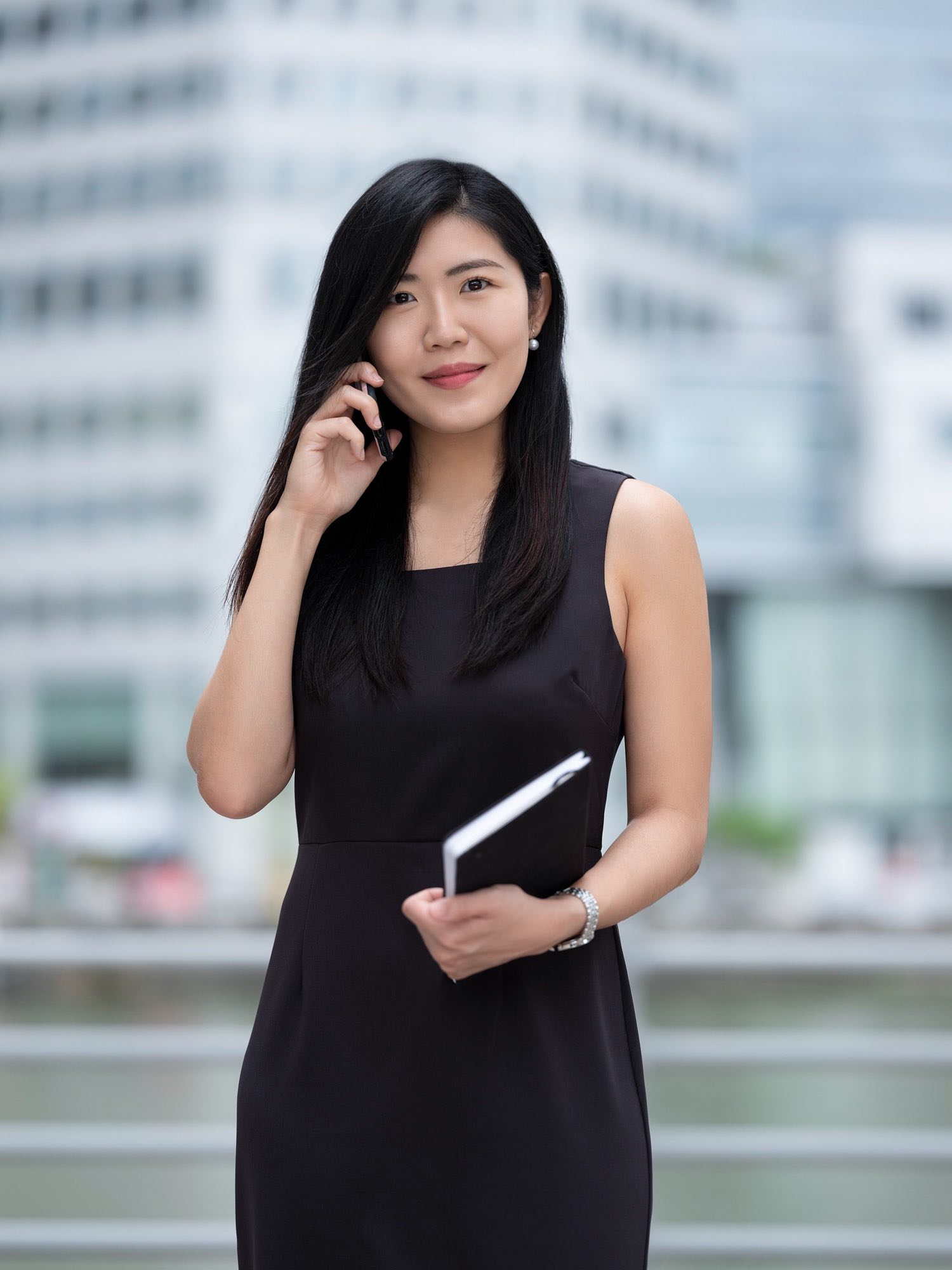
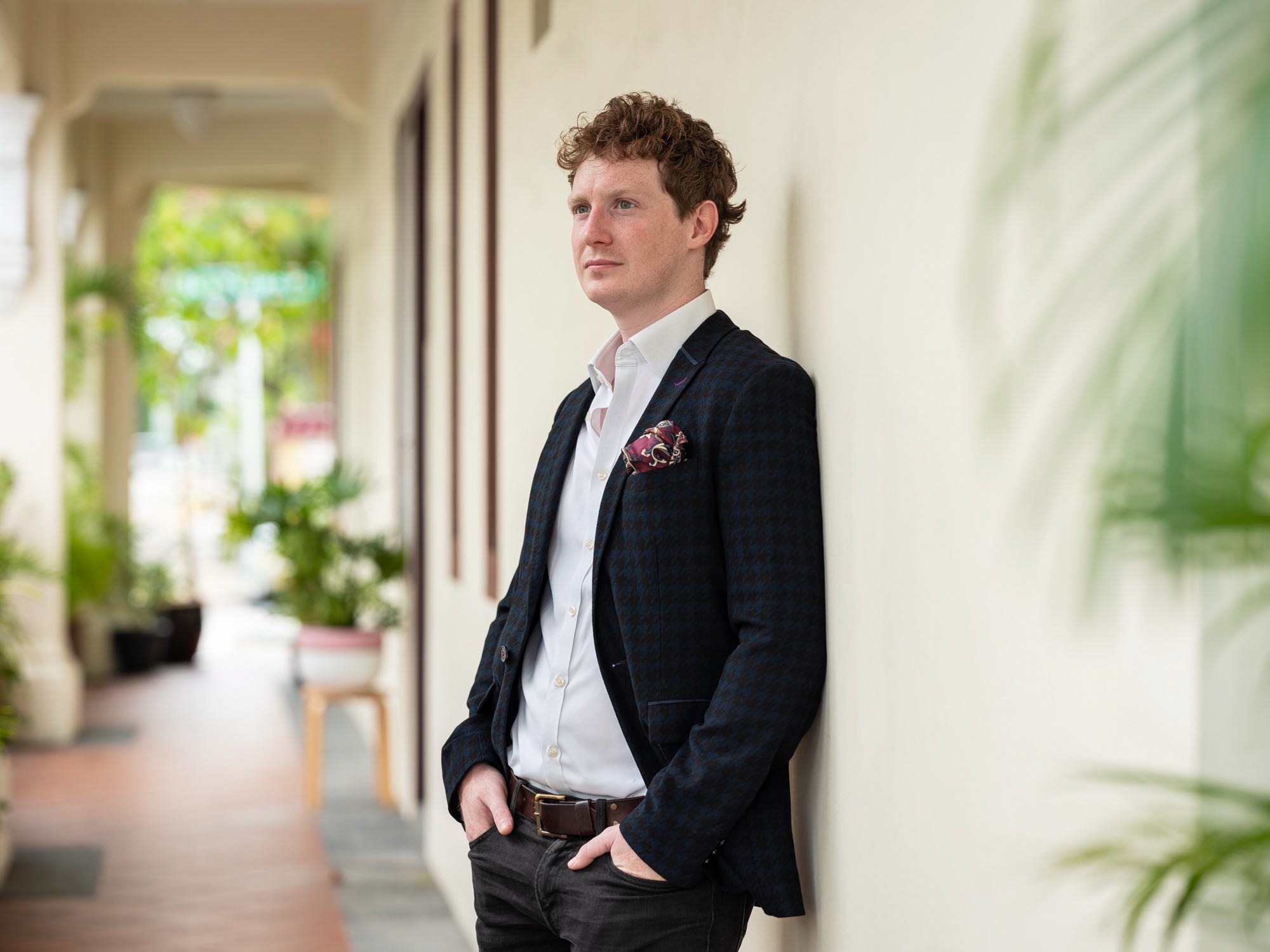
White balance-
Using a gray card is important to set the white balance, specially if one is shooting outdoors in various locations. With the white balance set in auto, a change in location will produce different colour casts and temperatures in every location. This will make post processing much more time consuming.
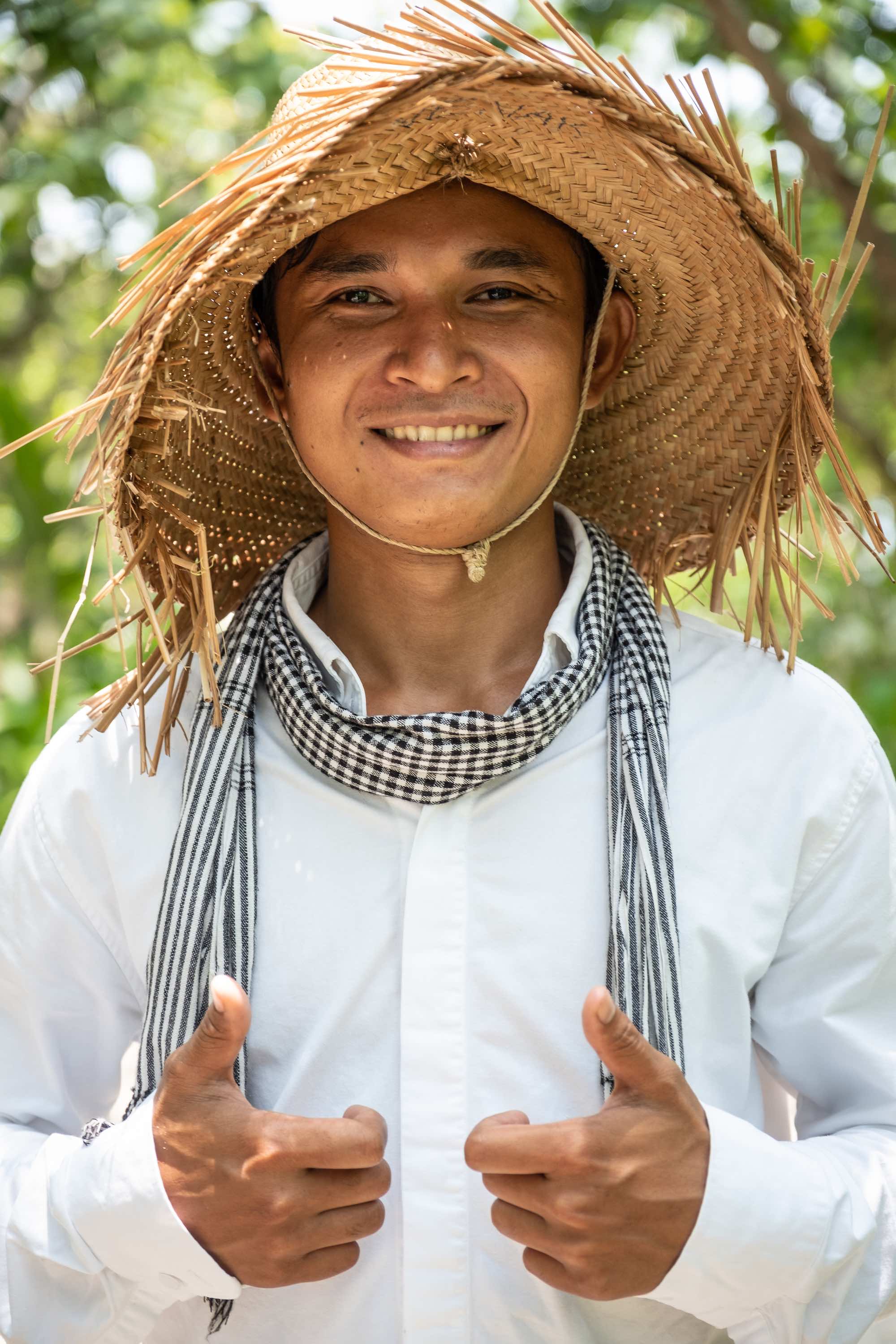
Make-up and clothing-
One should try and achieve a natural look for the images. The make-up and clothing should compliment the theme, location and story of the photoshoot.
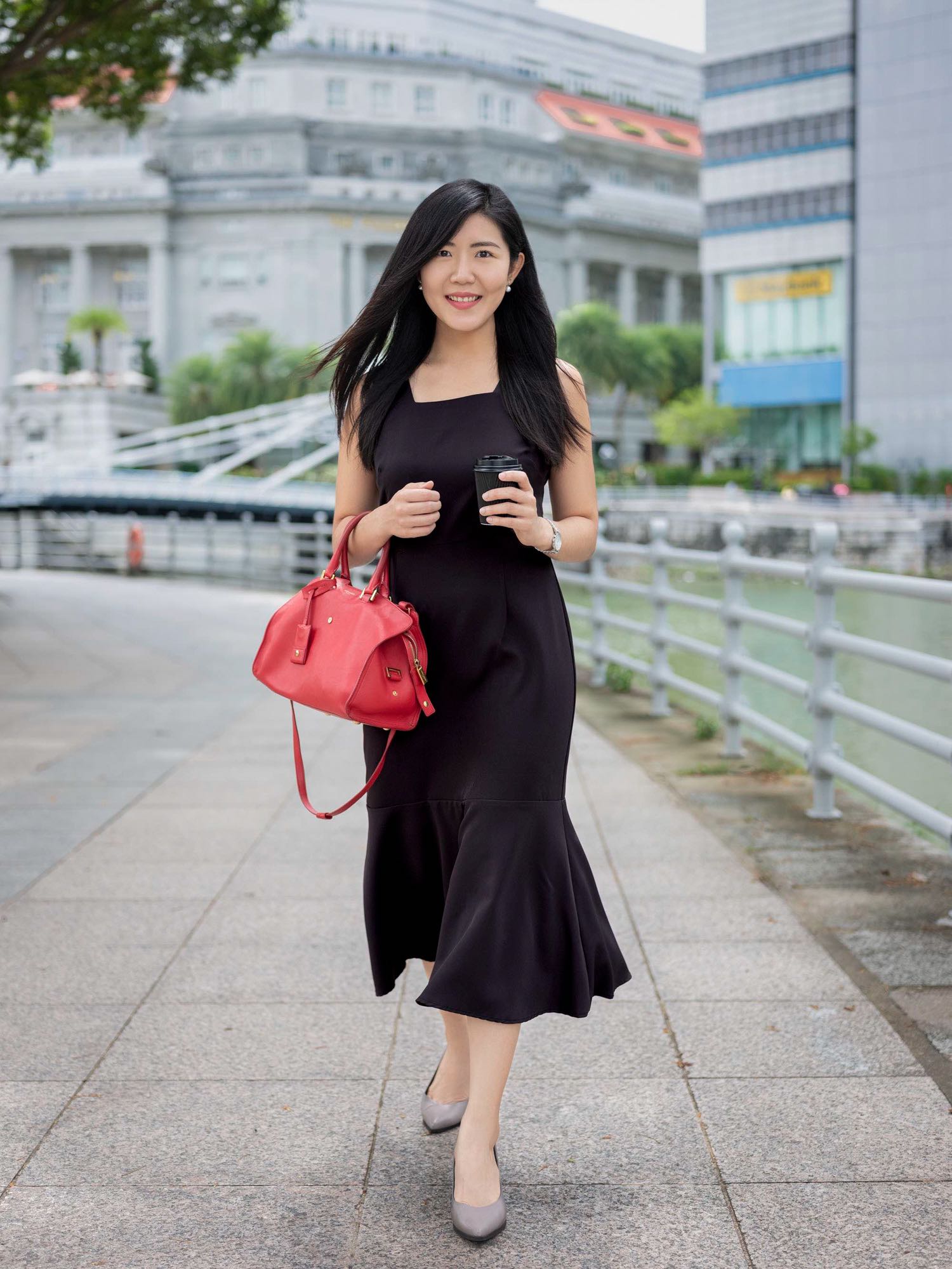
Horizon lines-
The photographer should make note of the horizon lines while shooting portraits outdoors. The photographer should place the head of the subject below or above the horizon so that there are no lines running around their faces.
Squinting-
When the light is too harsh or its very sunny the subject might squint. This will not produce good results. The photographer should keep a check on this. They can prevent the squint by asking the subject to keep their eyes closed till the shot and refrain from looking directly towards the sun.
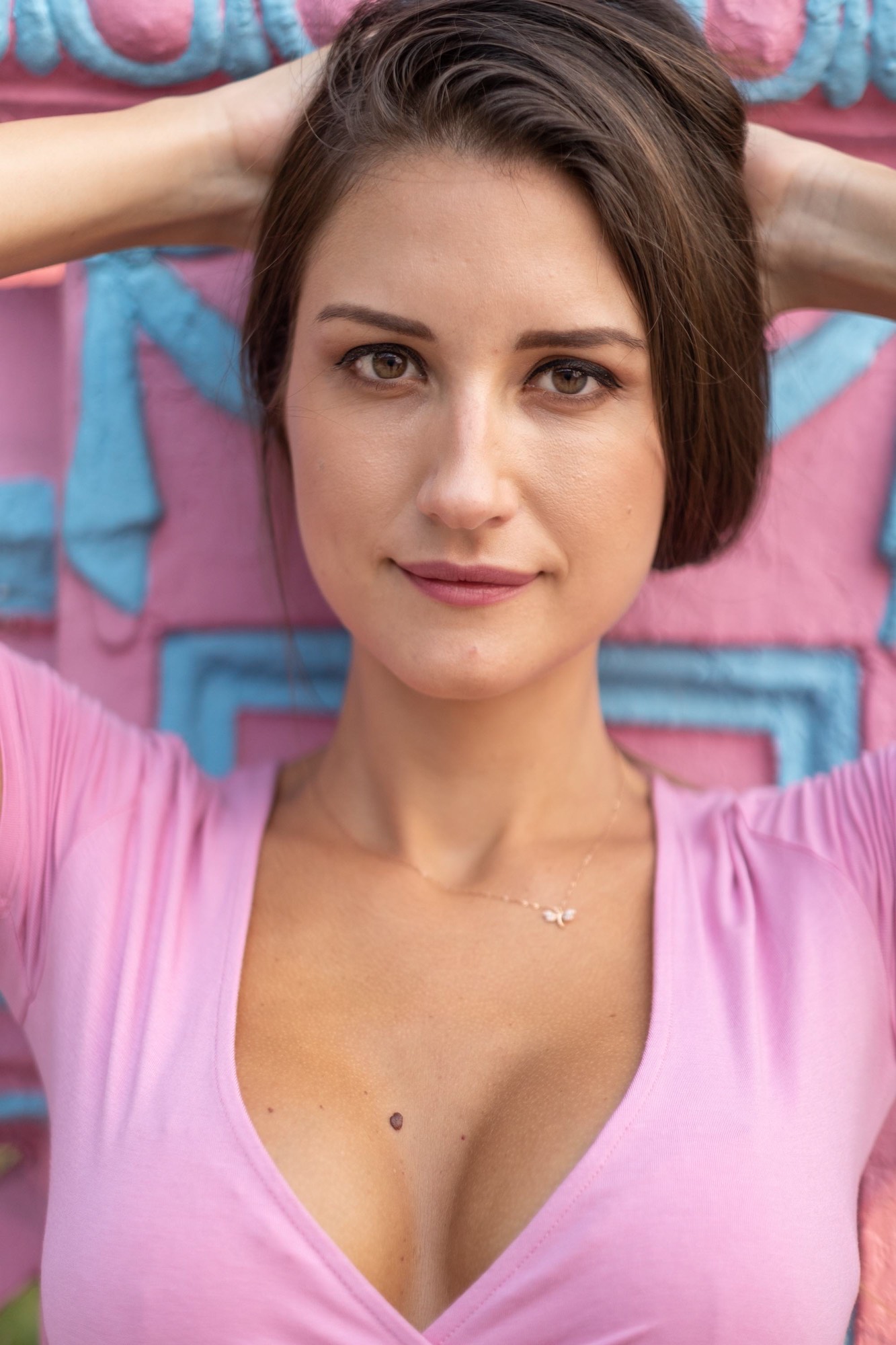
Conclusion-
While photographing portraits outdoors one should be aware of their surroundings, include the natural elements in their frame and experiment with interesting angles.
The photographer can also improvise a few shots. It is important to remember not to place the sun directly behind the subject unless one wants to create a silhouette. Outdoor portrait photography allows space for learning and discovering while still being focused on the subject.
You can also view the following-
Corporate Headshot Photography
Portrait Photography
You can sign up for photography workshops here – https://cococreativestudio.com/photography-workshop-course-classes-singapore
Instagram – @cococreativestudio
Facebook – COCO Creative Studio
Blog – https://cococreativestudio.com/blog-photography-videography
Website – https://cococreativestudio.com/
